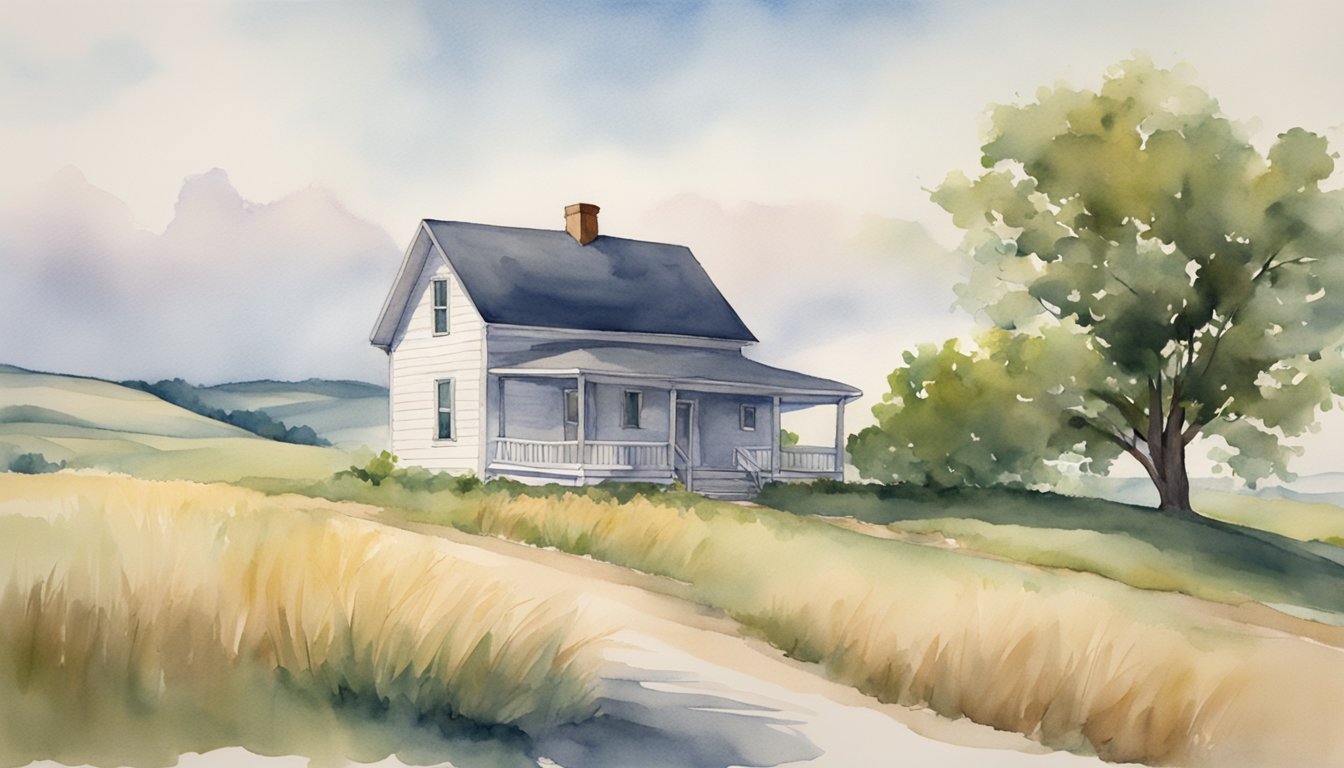Early Life and Education

Susan La Flesche Picotte was born on June 17, 1865, as a member of the Omaha Tribe in Nebraska. Her father, Joseph La Flesche, was a chief of the Omaha Tribe, and a proponent of educational advancement for Native Americans. This support laid the foundation for Susan’s impressive educational journey.
From a young age, Susan attended the mission school on the reservation. She later continued her education at the Elizabeth Institute for Young Ladies in New Jersey. After graduating from the Elizabeth Institute, she attended Hampton Institute, a historically black college that also admitted Native Americans.
Driven by a strong desire to serve her community, Susan applied to medical school at the Woman’s Medical College of Pennsylvania, the first medical school in the world established to train women in medicine. At the college, Susan was the first Native American woman to enrol and would eventually become the top of her class.
The impact of her educational achievements resonated deeply. As the first Indigenous woman in the United States to earn a medical degree, Susan La Flesche Picotte broke significant barriers in a time when opportunities for women, especially those of American Indian descent, were severely limited. Her commitment to medicine and public health reform would eventually lead her to serve more than 1,300 patients, covering 450 square miles on the Omaha reservation.
Medical Career and Legacy

Susan La Flesche Picotte was a pioneering physician and the first Native American woman to receive a medical degree. With her degree from the Woman’s Medical College of Pennsylvania in 1889, she embarked on a remarkable medical career, marked by dedication to the Omaha Nation on the Omaha Reservation in northeastern Nebraska.
Dr. Picotte’s profound contribution to medicine and public health spanned her lifetime, establishing her as a healer and a community leader. At the reservation, she tirelessly administered care amidst numerous outbreaks, including tuberculosis, cholera, and influenza. Her staunch advocacy for hygiene and food sanitation influenced significant improvements in the community’s health standards.
Venturing out for house calls across the reservation, she covered 450 square miles to ensure medical care was accessible to all. Dr. Picotte also campaigned against the sale of liquor to her people and was a vital force in temperance campaigns.
In pursuit of better health facilities for the Omaha and neighboring Winnebago Tribe, she spearheaded the founding of a privately funded hospital in Walthill, Nebraska. The Dr. Susan La Flesche Picotte Memorial Hospital, which after its construction in 1913 served as a pivotal health institution for the community, became the first hospital on an American Indian reservation without government funding.
Her efforts transcended her care as a physician, as she was increasingly seen as a cultural bridge between Indigenous people and white settlers, facing and overcoming prejudice. Dr. Picotte’s legacy pushed the boundaries for Native American women in medicine and left an indelible mark by rendering her hospital a National Historic Landmark.

